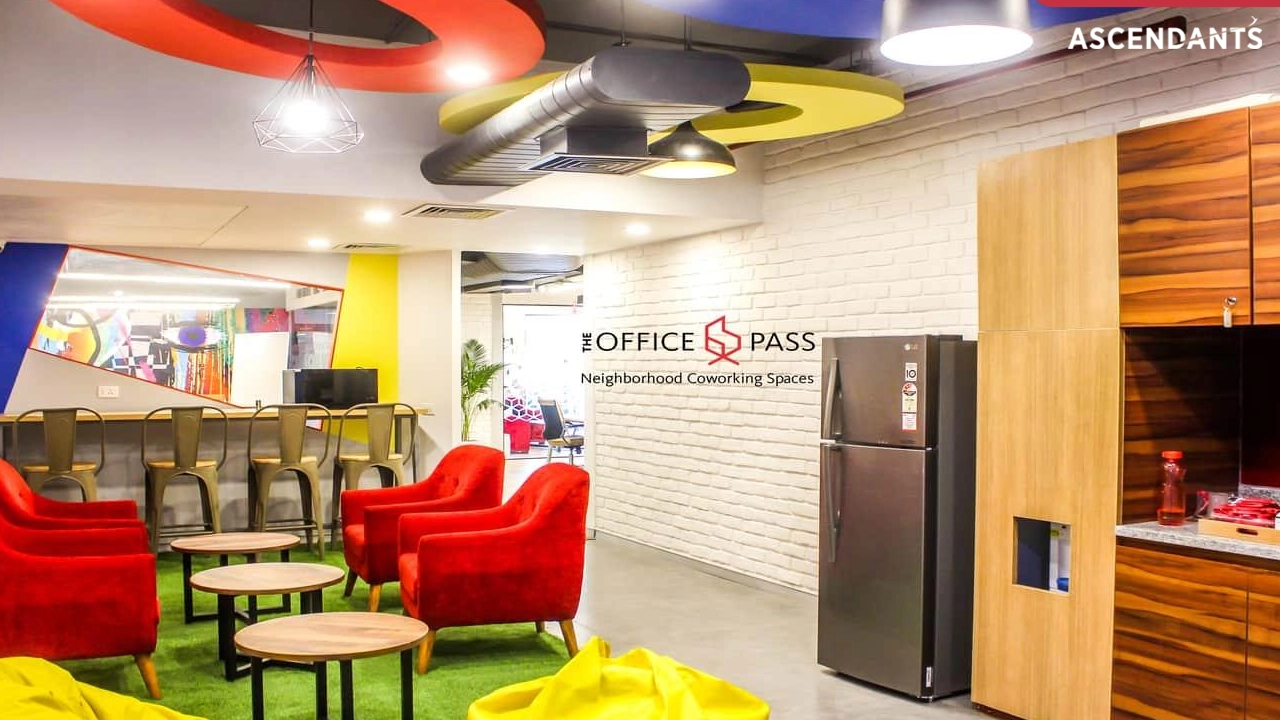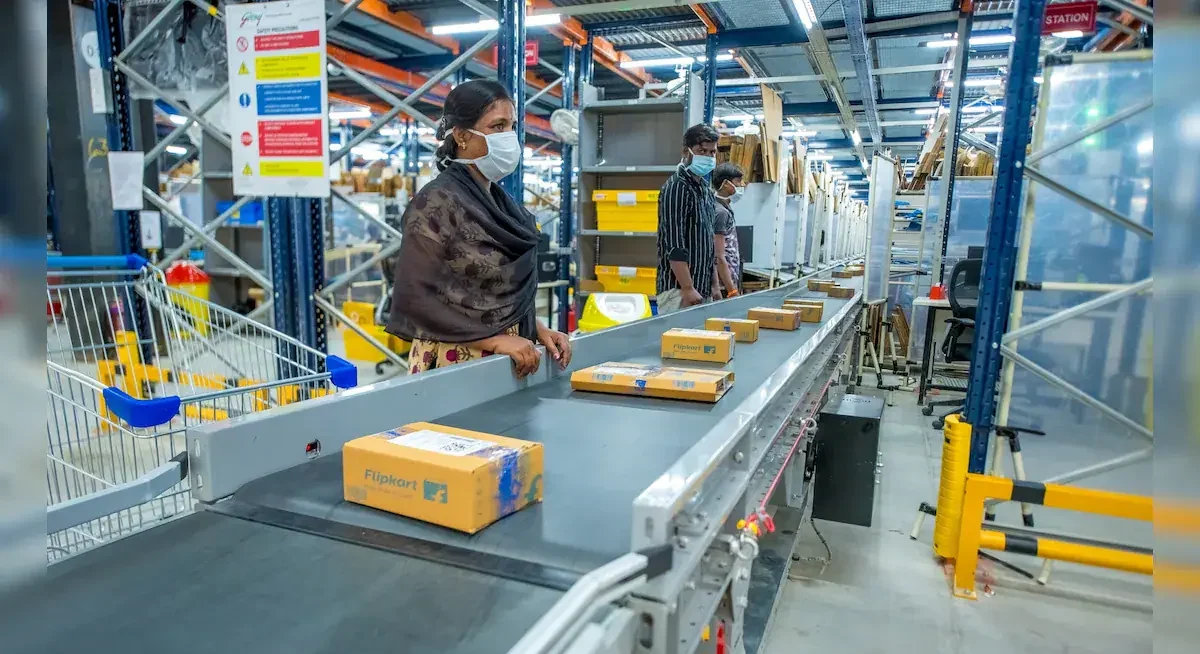The office landscape is undergoing a massive transformation driven by hybrid work models, cost-effective demands and evolving employee preferences. Companies are increasingly turning from traditional long-term leases to flexible workspace solutions that offer scalability, cost savings and agility.
One such provider leading in India is The Office Pass (TOP), a growing coworking space network catering to small and mid-sized businesses. But will flexible offices completely replace traditional leasing models, or will they exist side by side?
Understanding the Shift: What are Flexible Office Spaces?
Flexible office spaces refer to work environments that provide businesses with fully furnished offices without the burden of long-term commitments. These include:
- Coworking Spaces – Shared office spaces where individuals and teams can work collaboratively.
- Hybrid Workspaces – Offices designed to accommodate both remote and in-office employees.
- Managed office spaces – Fully furnished tech-enabled office setups provided by workspace operators.
Companies across industries, from startups to large enterprises, are increasingly adopting flexible workspaces to accommodate their evolving needs.
The Rise of Remote Work: How It is Shaping Workspace Trends
Office space speculation is evolving with the new culture of remote and hybrid work; some of the following trends are noticeable:
- An Increase in Telecommuting – Workers are now insisting more on the option of working remotely.
- Digital Nomads – The Professionals are opting for workspaces that allow location independence.
- Flexible Office Solutions Are In Trend – Corporate strategies have been to reduce their office costs to maximize on efficiency.
Example: Salesforce and Twitter are examples of companies that chose hybrid work to downsize their office space and invest in flexible workspaces.
Related Read: India’s Office Market Set for Major Expansion in 2025
Benefits of Flexible Office Spaces Over Traditional Leases
The advantages of switching to flexible office spaces for businesses are many:
- Cost Savings – No heavy upfront deposits, lower maintenance costs, and pay-as-you-go pricing models.
- Scalability – A company can increase or decrease its office space as per requirement.
- Networking Opportunities – Coworking spaces offer collaboration and professional networking benefits.
- Adaptability – Businesses can try out new locations without signing long-term leases.
The Office Pass: An Indian Success Story

The Office Pass (TOP) is one of the leading flexible workspace providers in India, catering to start-ups, SMEs, and remote workers. They offer:
- Neighbourhood Coworking Spaces (NCW) – Affordable shared workspaces in key business hubs.
- Managed Offices – Fully furnished, customizable spaces for teams.
- On-Demand Access – Flexibility to book workspaces per requirement.
Many businesses are opting for The Office Pass to reduce overhead costs and improve employee satisfaction while maintaining a professional workspace.
Challenges Faced by Flexible Workspaces Compared to Traditional Offices
Flexible workspaces provide various advantages, but they also present certain challenges:
- Privacy Concerns – Open office designs might threaten confidentiality.
- Limited Customization – In contrast to traditional offices, branding opportunities can be limited.
- Availability Issues – With high demand, there may be restricted workspace access during busy hours.
How Companies Are Tackling These Challenges:
- The Office Pass and similar providers now offer private cabins and dedicated offices to guarantee secure work settings.
- Some flexible workspace providers enable tailored branding within managed office spaces.
The Role of Technology in Shaping the Future of Office Environments
Technology plays a crucial role in the flexible workspace trend. Key innovations include:
- Smart Office Technology – IoT–enabled systems for security and energy efficiency in workspaces.
- Virtual Collaboration Tools – Using platforms such as Zoom, Slack, and Microsoft Teams for seamless hybrid work. AI & Workspace Automation – AI-driven scheduling and intuitive booking systems enhance efficiency.
Example: IWG (Regus, Spaces) employs AI-powered office management solutions to enhance workspace utilization.
Cultural Shift: How Employee Preferences are Influencing Workspace Decisions
Employee expectations have transformed significantly in recent years:
- Desire for Hybrid & Remote Work – Employees value the freedom to choose their work locations.
- Office Culture Transformation – Coworking spaces promote collaborative and vibrant environments.
- Work-Life Balance Emphasis – Shorter commutes and flexible hours contribute to improved well-being.
Example: Google and Microsoft have revamped their offices with activity-based work zones and spaces that encourage hybrid work.
Conclusion: Is the Future of Workspaces Flexible?
As companies focus on agility, employee satisfaction, and cost-efficiency, flexible office environments are becoming more popular.
- Traditional office leases will remain, but many organizations are increasingly opting for hybrid and flexible work solutions.
- Technology and employee preferences will continue to influence workspace evolution.
- Companies like The Office Pass are at the forefront of this transition, providing cost-effective and adaptable workspace solutions.
Also Read: Finance Ministry Considers Higher Insurance Cover






















